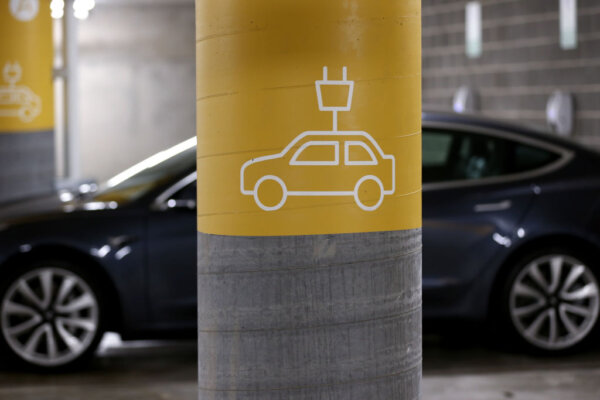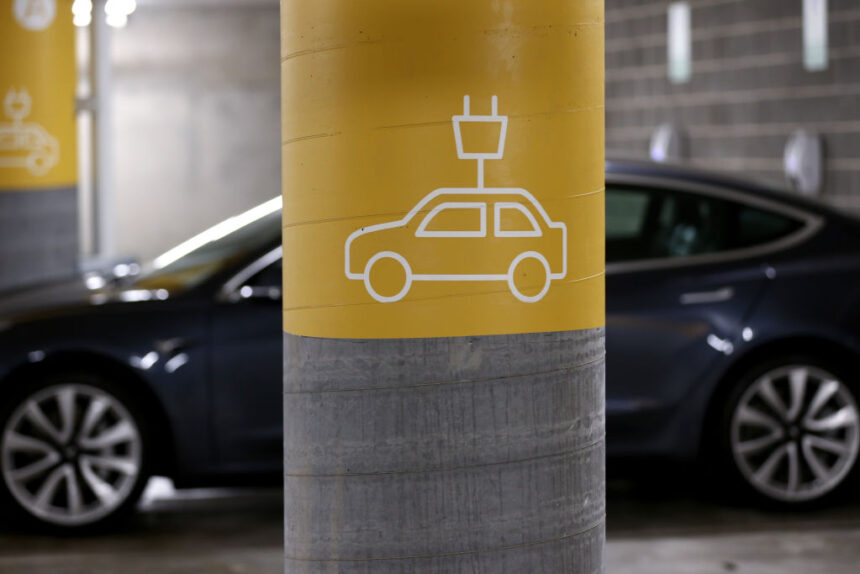
There are high expectations that this technology could set a new standard for electric vehicles (EVs) and electric aircraft.
The Australian Renewable Energy Agency (ARENA) has granted $4.8 million to Gelion Technologies Pty Ltd (Gelion) for the development of a new battery system that has the potential to become the new norm for renewable energy storage.
This $9.6 million project will involve Gelion working with potential customers to enhance and test lithium-sulphur (Li-S) and silicon-sulphur (Si-S) battery products at its Advanced Commercial Prototyping Centre in Sydney, New South Wales.
According to a government statement, these high energy density batteries aim to store more energy per unit of weight, which could greatly benefit EVs and potential electric aircraft.
Understanding Lithium-Sulphur Batteries
Lithium-sulphur batteries represent a cutting-edge energy solution that addresses the challenges faced by traditional lithium-ion batteries, such as overheating, limited lifespan, and reliance on scarce raw materials, as explained by the U.S. Department of Energy Office of Science’s Advanced Photon Source (APS).
The unique combination of a sulphur cathode and a lithium metal anode allows these batteries to harness the high energy potential of sulphur.
Earlier models encountered issues with corrosion due to polysulphides dissolving in the electrolyte.
Recent advancements, like redox-active interlayers, have resolved this problem, potentially extending the lifespan of some batteries to over 700 charge cycles.
Federal Ministers Praise the Benefits of the New Technology
Minister for Energy Chris Bowen emphasized the importance of this project in promoting local innovation for a sustainable future.
“Australia is at the forefront of alternative battery chemistry,” stated Bowen.
“Batteries are crucial for a sustainable energy future and can aid us in achieving our net zero goals.”
Minister for Industry and Science Ed Husic highlighted the significance of investing in advanced technologies.
“Batteries will play a key role in our future lifestyle and work environment,” said Husic. “Improved energy density will make these batteries highly sought after both domestically and internationally.”
Global Surge in Battery Demand
Global battery demand is predicted to surge from 194 GWh in 2020 to 2,045 GWh by 2030, with EVs accounting for 87% of this demand.
To encourage the adoption of EVs, the Albanese government has launched a $150 million initiative through the Clean Energy Finance Corporation (CEFC).
This initiative provides low-interest loans to essential workers and middle-income earners, potentially saving buyers over $8,000 on a $40,000 EV loan.
The program covers new and used EVs valued at up to $55,000 as well as home EV charging equipment.




